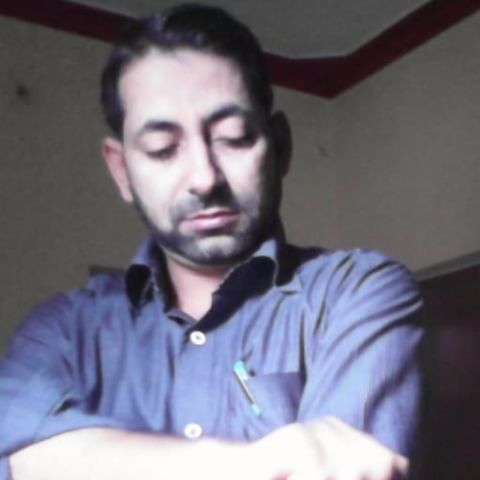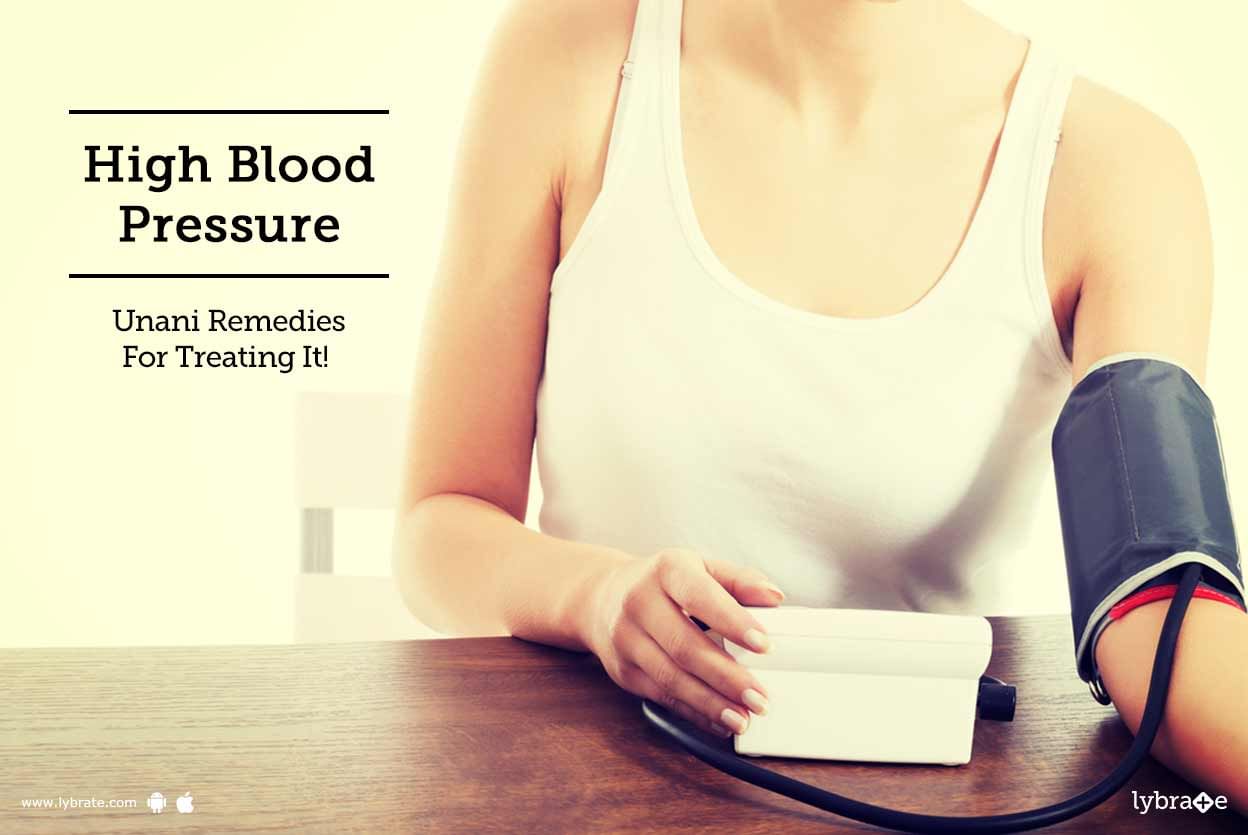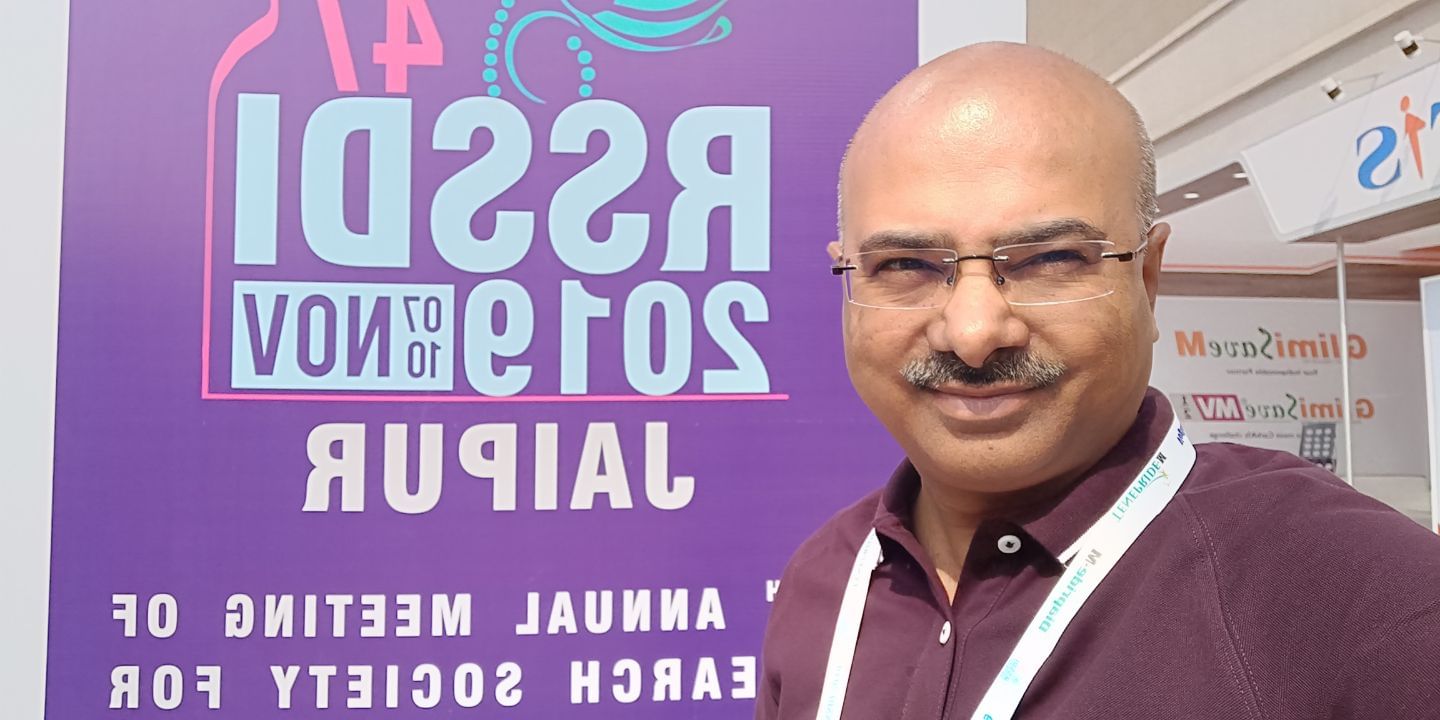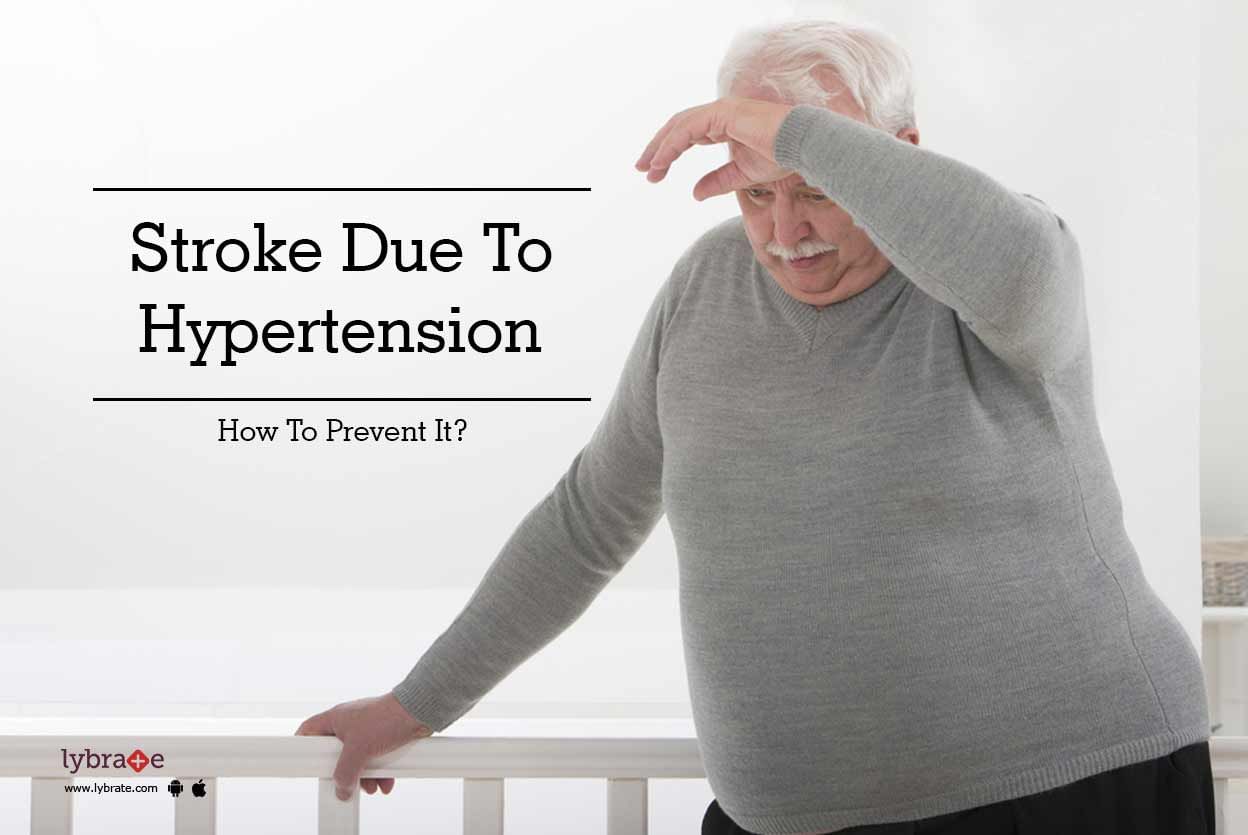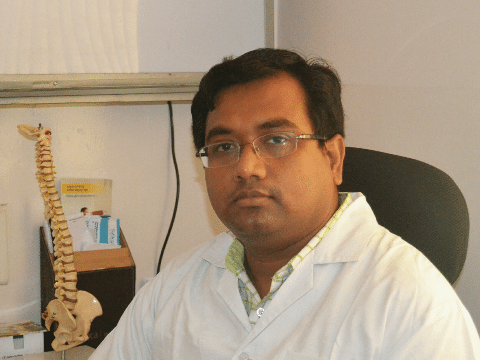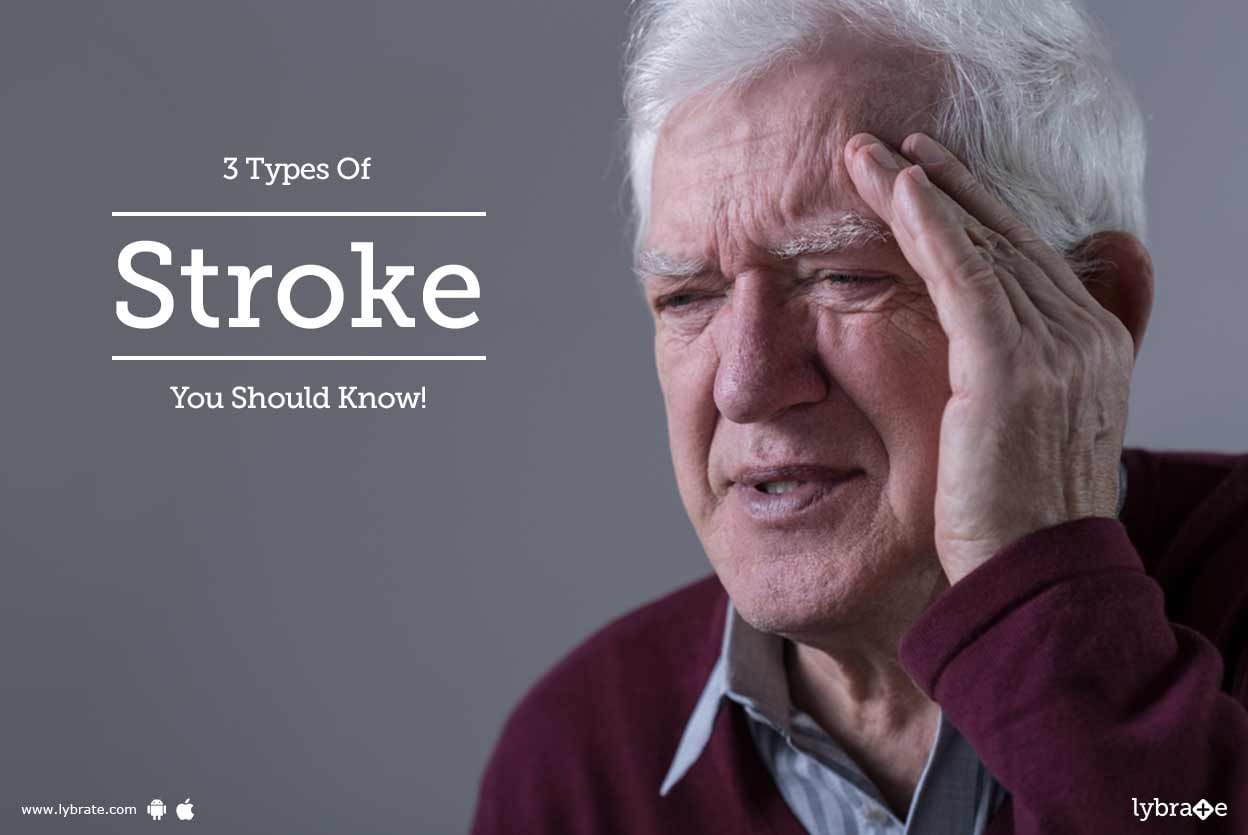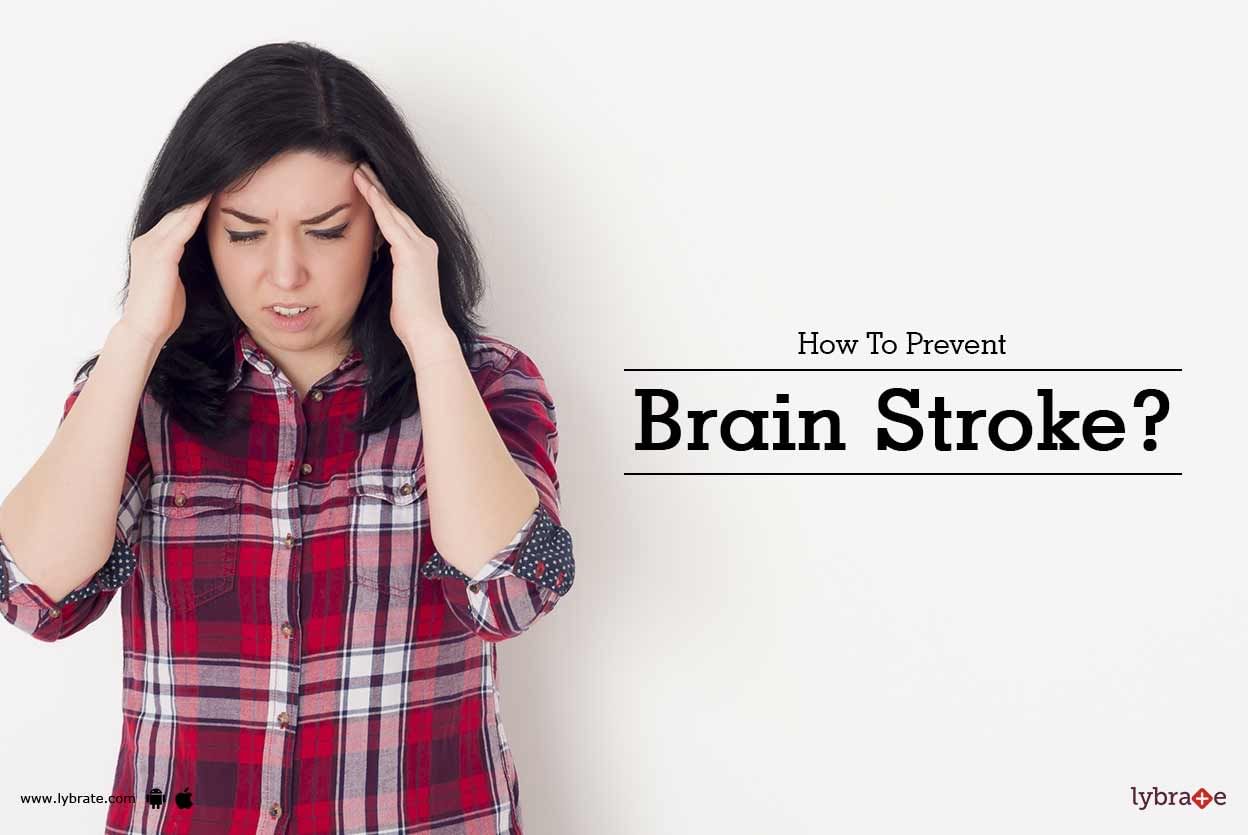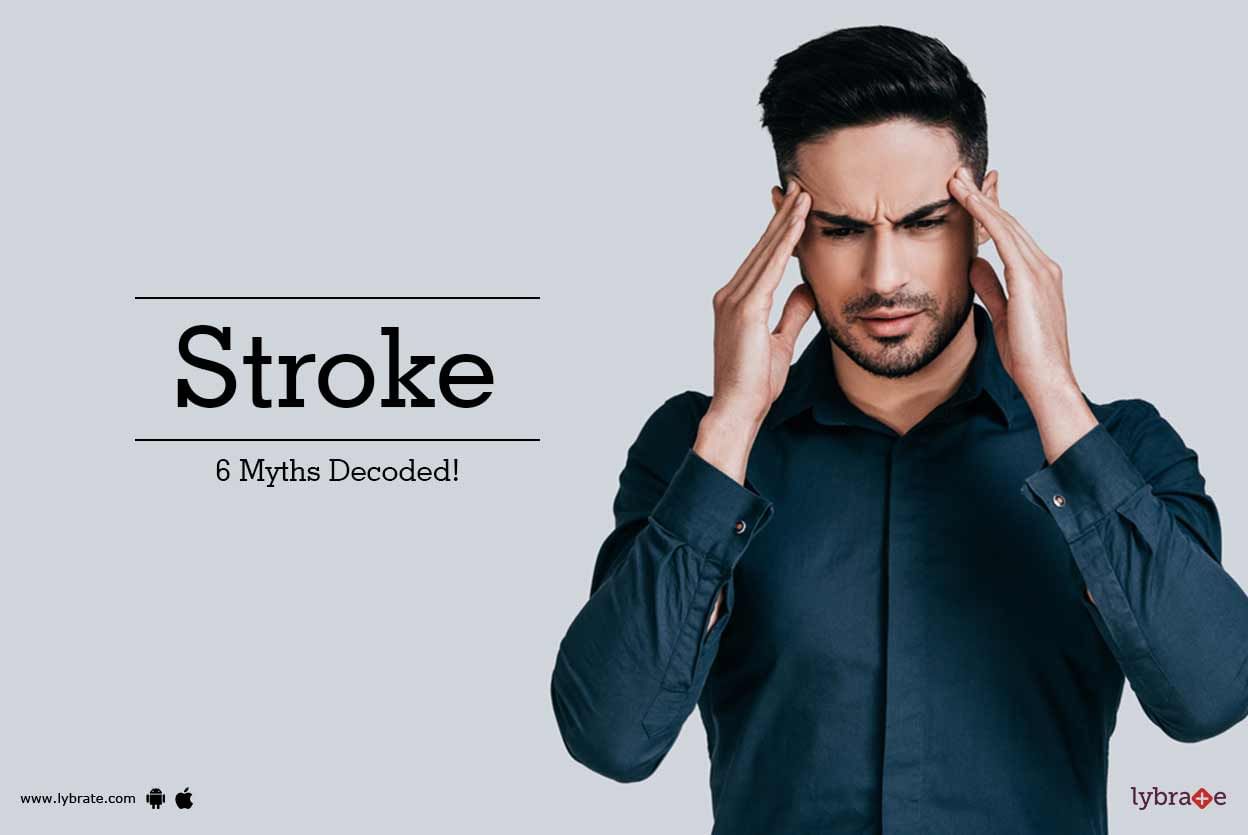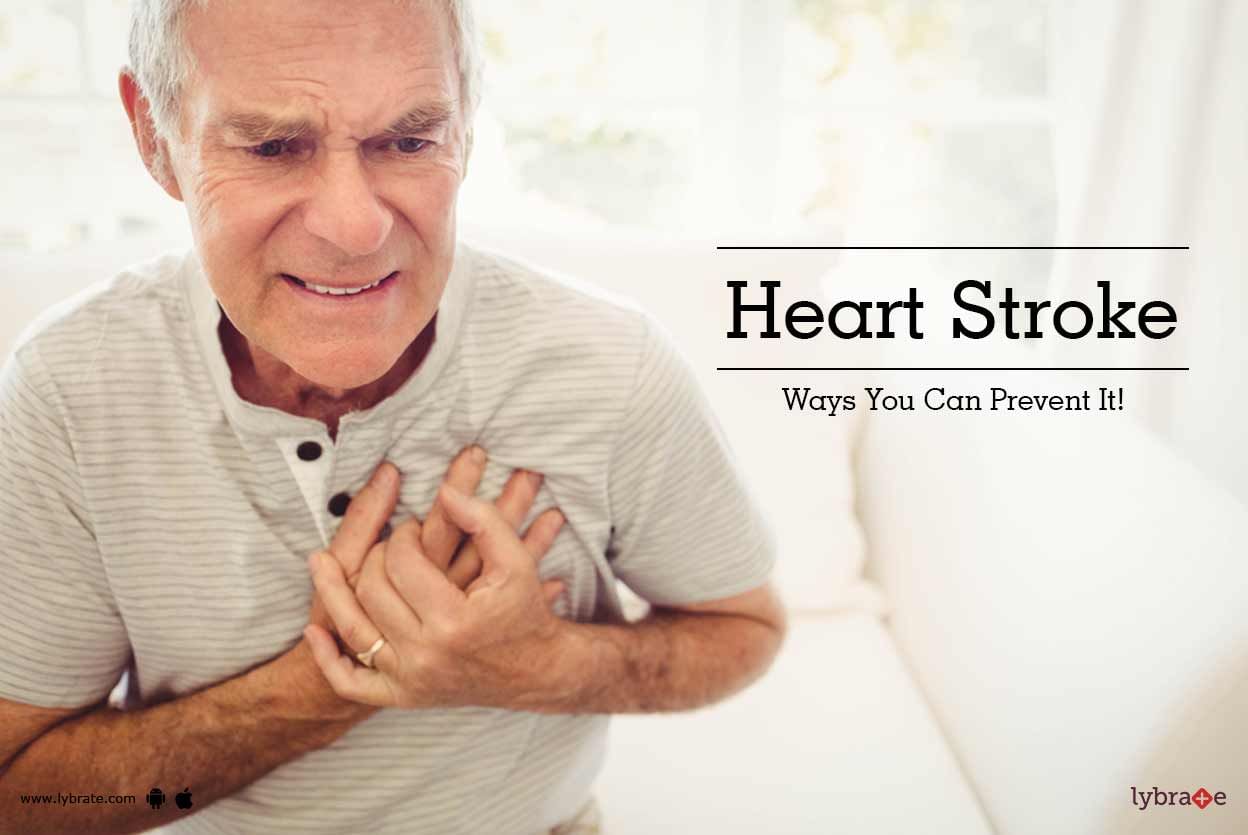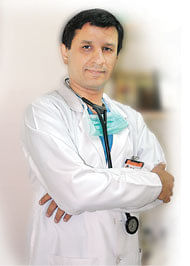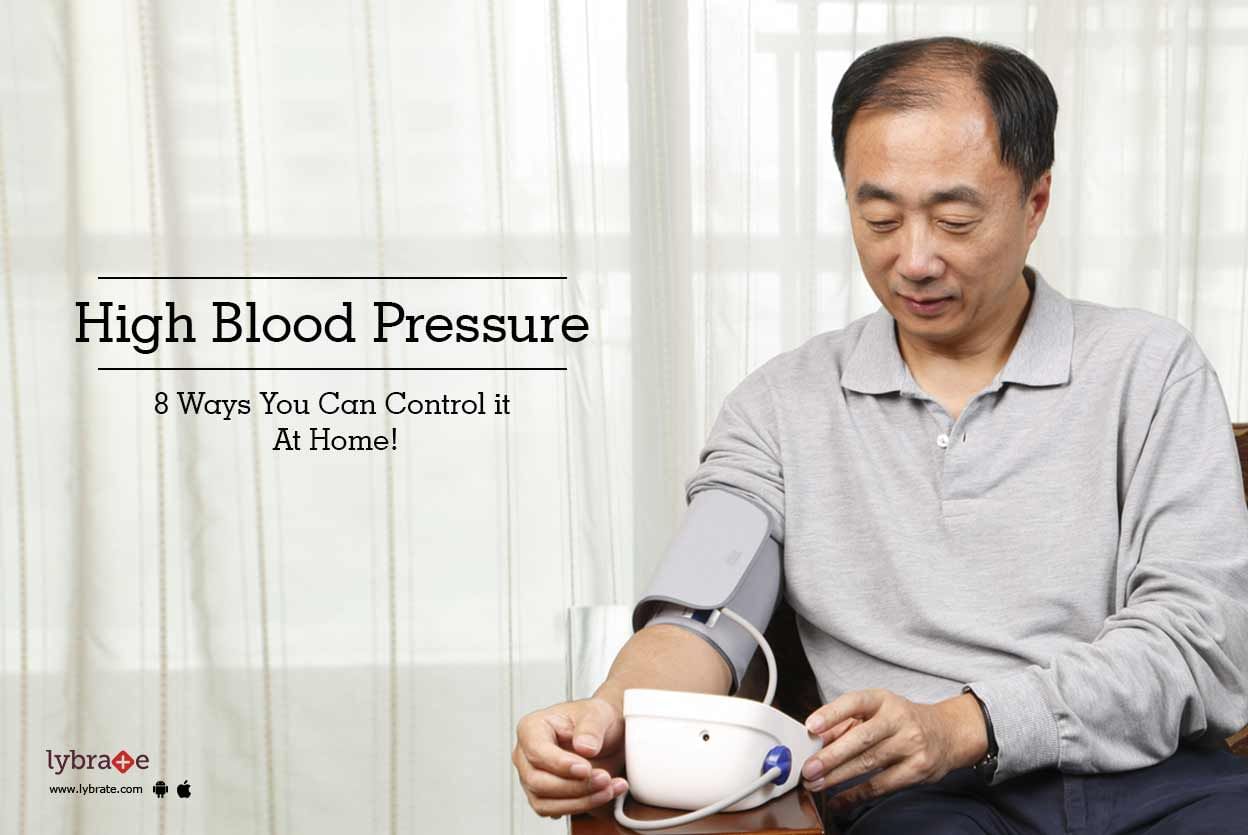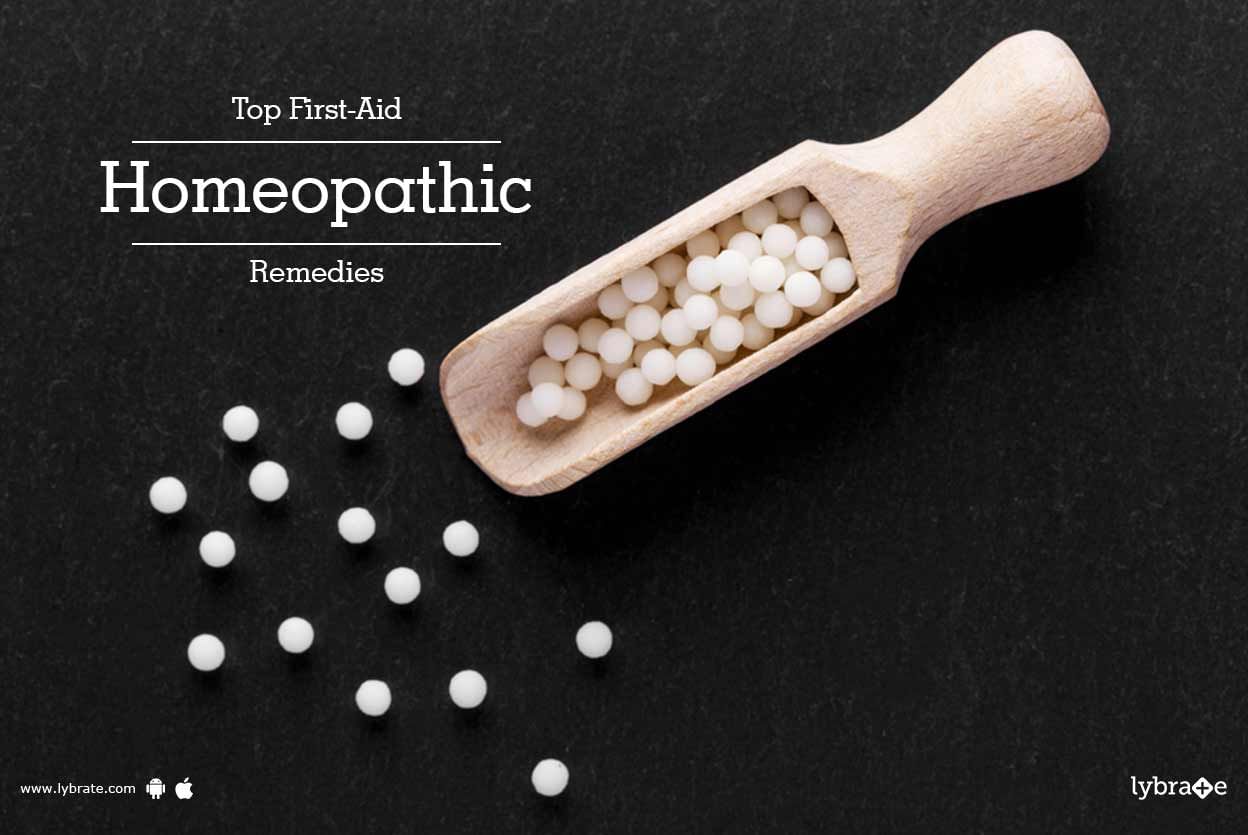Get the App
For Doctors
Login/Sign-up
About
Health Feed
Find Doctors
Health Packages
AllQ&AsTipsQuizzes
Stroke Tips
Last Updated: 8 years ago• Featured Tip
Share
Bookmark
Report
The blood normally exerts some pressure as it passes through the blood vessels. However, due to various reasons, mainly narrowing of the blood vessels, the pressure exerted could be higher, which is known as hypertension.
In the Unani system, early reference to high blood pressure appears as Imtila, though it is today popularly known as Zaghtuddam Qawi. Imtila talks about symptoms including a headache, bulging eyes, epistaxis (bleeding nose), heavy headedness, and headache.
Typ...more
In the Unani system, early reference to high blood pressure appears as Imtila, though it is today popularly known as Zaghtuddam Qawi. Imtila talks about symptoms including a headache, bulging eyes, epistaxis (bleeding nose), heavy headedness, and headache.
Typ...more
Last Updated: 8 years ago• Featured Tip
Share
Bookmark
Report
High blood pressure, which is often a result of hypertension, is the leading risk factor for a stroke, which in turn leads to severe and long-term disability, including death. Managing your blood-sugar levels is the most critical thing you can do to lessen your risk of a stroke, and you should leave no stone unturned in keeping your blood pressure at optimum levels.
What causes a stroke
A stroke, which is often referred to as a brain attack, takes place when the supply of blood...more
What causes a stroke
A stroke, which is often referred to as a brain attack, takes place when the supply of blood...more
Last Updated: 8 years ago• Featured Tip
Share
Bookmark
Report
A stroke may be called a brain attack. It may happen to any person at any time. A stroke occurs when there is a vascular event in the brain causing a blockage of blood vessels or a rupture of vessels causing hemorrhage. The brain cells are starved of food and oxygen or are assaulted by a barrage of harmful agents released as a result of hemorrhage, suffering reversible or irreversible damage. Dead or disabled brain cells result in brain dysfunction due to which patients may lose control over par...more
Last Updated: 8 years ago• Featured Tip
Share
Bookmark
Report
As the famous quote says, 'prevention is better than cure', let us take you through some preventive measures to keep you and your loved ones away from the dreadful consequences of brain stroke. Brain stroke occurs due to an interruption in the regular blood flow to the brain or rupture of a blood vessel causing brain cells in the affected area to die or become disabled. Stroke is a vascular disease, so anything that keeps the blood vessels healthy can reduce the risk of stroke. Top 8 things that...more
Last Updated: 8 years ago• Featured Tip
Share
Bookmark
Report
6 Myths on STROKE, busted!
Stroke affects the arteries that lead to the brain. This serious, life-threatening condition happens when blood supply to a part of the brain gets cut off.
Many myths surround this medical condition :
Myth 1: Only older people suffer from strokes
This isn't true - young people can experience strokes as well. About a quarter of stroke cases are reported by people aged 65 and below. More importantly, irrespective of the age group, the ...more
Stroke affects the arteries that lead to the brain. This serious, life-threatening condition happens when blood supply to a part of the brain gets cut off.
Many myths surround this medical condition :
Myth 1: Only older people suffer from strokes
This isn't true - young people can experience strokes as well. About a quarter of stroke cases are reported by people aged 65 and below. More importantly, irrespective of the age group, the ...more
Last Updated: 8 years ago• Featured Tip
Share
Bookmark
Report
A heart attack is usually characterised by the rupture of a plaque which can cause the spread of the cholesterol into the blood stream. Cardiovascular diseases are a major cause of pain, suffering and death around the world, today. Heart attacks are caused by coronary heart disease.
This is caused by the narrowing of the coronary artery when substances like cholesterol block it. If not treated and revived on time, a patient suffering from a heart attack can meet a fatal result. So how ...more
This is caused by the narrowing of the coronary artery when substances like cholesterol block it. If not treated and revived on time, a patient suffering from a heart attack can meet a fatal result. So how ...more
Last Updated: 8 years ago• Featured Tip
Share
Bookmark
Report
Extreme and sudden changes in temperature as well as exposure to such conditions can harm the body and lead us to fall sick. One such condition caused by extreme temperatures is the heat headache, which is a result of prolonged heat exposure. When there is excessive heat, the body can end up reacting with heat strokes, dehydration and headaches, among many other conditions. Thankfully, a holistic approach like homeopathy has the exact solution for such kind of problem. Read on to know more!
...more
...more
Last Updated: 9 years ago• Featured Tip
Share
Bookmark
Report
Blood pressure readings above 140/90 are classified as hypertension or high blood pressure. Hypertension causes straining of blood vessels and an interruption in the blood flow. There are no specific symptoms, but prolonged hypertension can lead to a heart stroke.
Listed below are a few ways to reduce high blood pressure:
Limit your salt intake: The sodium content in salt disrupts the balance of fluids in your body, leading to high blood pressure. To avert hypertension, cut dow...more
Listed below are a few ways to reduce high blood pressure:
Limit your salt intake: The sodium content in salt disrupts the balance of fluids in your body, leading to high blood pressure. To avert hypertension, cut dow...more
Last Updated: 9 years ago• Featured Tip
Share
Bookmark
Report
Diploma In Gastroenterology, Diploma In ...read more
Homeopathy Doctor•Hyderabad
If you are looking for effective first-aid remedies, you can opt for homeopathy. A first-aid kit should be a part of every household, containing medicines which serve a variety of medical conditions. For putting up a first-aid homeopathic kit, you need to add around 10 homeopathic medicines to start with as homeopathy is an ideal branch of medicine, which is efficient for a lot of first-aid purposes. Here is a list of the top first-aid medicines, which should be a part of your homeopathic kit:more
Last Updated: 9 years ago• Featured Tip
Share
Bookmark
Report
Fever is not a disease! It's a known fact that normal human body temperature is 98.6 F (37 C). If temperature goes beyond that, then it's called fever. But one must not worry every time if there is a rise in the temperature.
Why?
The reason is that immune system is designed to raise temperature as a defence mechanism, if there is any attack by a foreign body (such as bacteria). So body temperature may fluctuate between 97 and 100.4. But there is no need to worry.
When to C...more
Why?
The reason is that immune system is designed to raise temperature as a defence mechanism, if there is any attack by a foreign body (such as bacteria). So body temperature may fluctuate between 97 and 100.4. But there is no need to worry.
When to C...more
Book appointment with top doctors for Stroke treatment
View fees, clinic timings and reviews
Ask a free question
Get FREE multiple opinions from Doctors
posted anonymously

